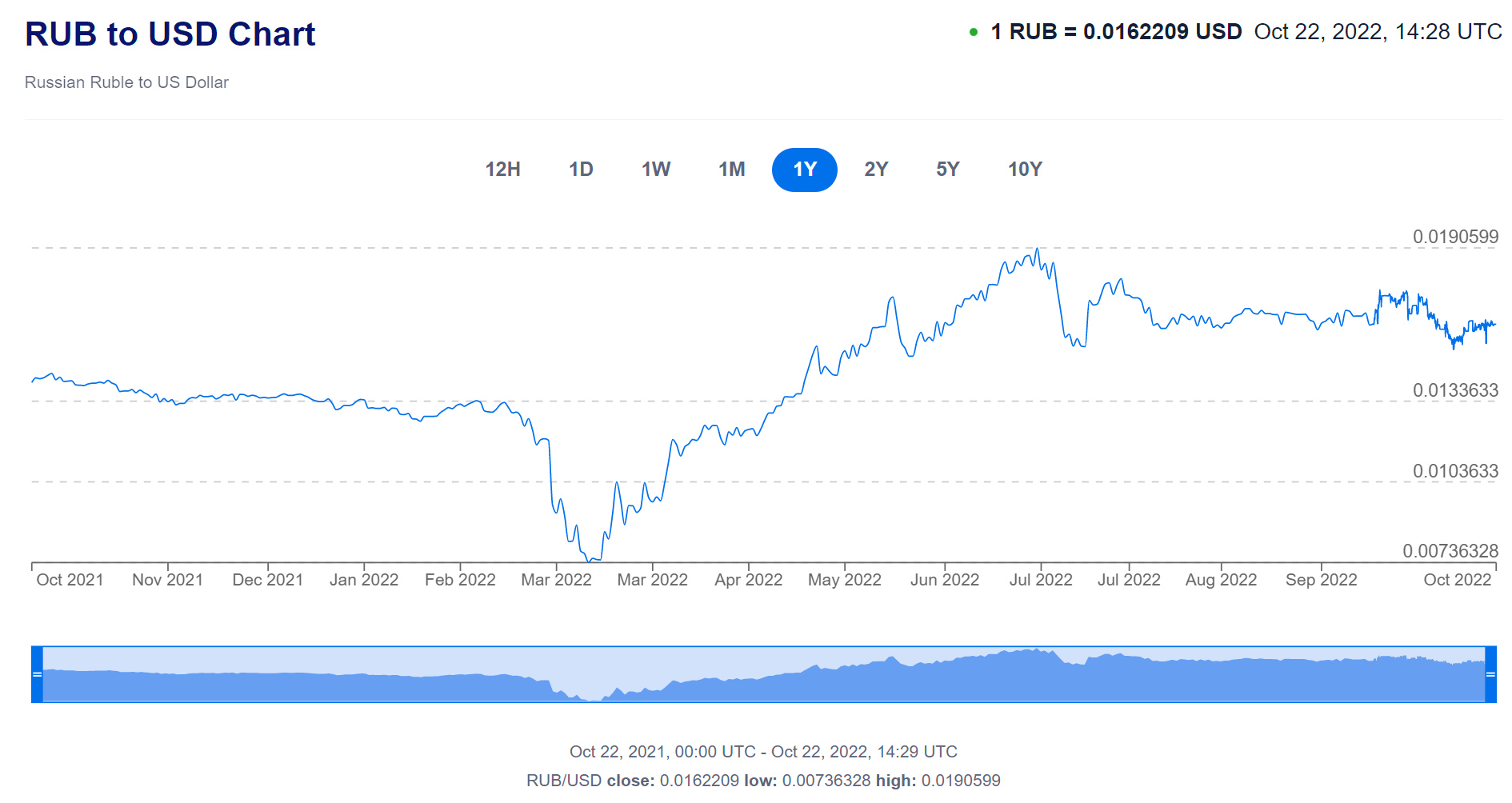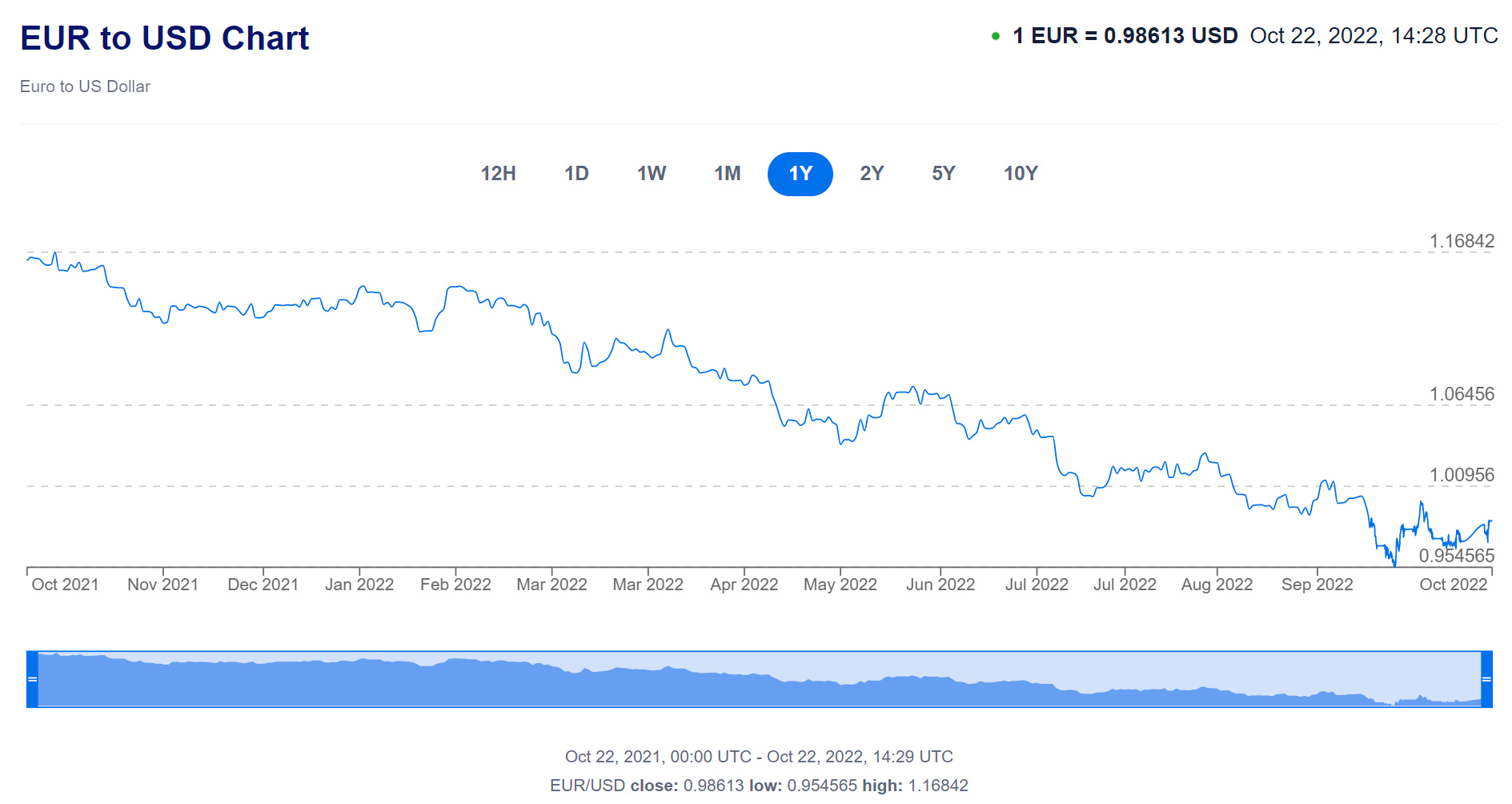-
Neueste Beiträge
Archive
- Juli 2025
- Juni 2025
- Mai 2025
- April 2025
- März 2025
- Februar 2025
- Januar 2025
- Dezember 2024
- November 2024
- Oktober 2024
- September 2024
- August 2024
- Juli 2024
- Juni 2024
- Mai 2024
- April 2024
- März 2024
- Februar 2024
- Januar 2024
- Dezember 2023
- November 2023
- Oktober 2023
- September 2023
- August 2023
- Juli 2023
- Juni 2023
- Mai 2023
- April 2023
- März 2023
- Februar 2023
- Januar 2023
- Dezember 2022
- November 2022
- Oktober 2022
- September 2022
- August 2022
- Juli 2022
- Juni 2022
- Mai 2022
- April 2022
- März 2022
- Februar 2022
- Januar 2022
- Dezember 2021
- November 2021
- Oktober 2021
- September 2021
- August 2021
- Juli 2021
- Juni 2021
- Mai 2021
- April 2021
- März 2021
- Februar 2021
- Januar 2021
- Dezember 2020
- November 2020
- Oktober 2020
- September 2020
- August 2020
- Juli 2020
- Juni 2020
- Mai 2020
- April 2020
- März 2020
- Februar 2020
- Januar 2020
- Dezember 2019
- November 2019
- Oktober 2019
- September 2019
- August 2019
- Juli 2019
- Juni 2019
- Mai 2019
- April 2019
- März 2019
- Februar 2019
- Januar 2019
- Dezember 2018
- November 2018
- Oktober 2018
- September 2018
- August 2018
- Juli 2018
- Juni 2018
- Mai 2018
- April 2018
- März 2018
- Februar 2018
- Januar 2018
- Dezember 2017
- November 2017
- Oktober 2017
- September 2017
- August 2017
- Juni 2017
- Mai 2017
- April 2017
- März 2017
- Februar 2017
- Januar 2017
- Dezember 2016
- November 2016
- Oktober 2016
- September 2016
- August 2016
- Juli 2016
- Juni 2016
- Mai 2016
- April 2016
- März 2016
- Februar 2016
- Januar 2016
- Dezember 2015
- November 2015
- Oktober 2015
- August 2015
- Juli 2015
- Juni 2015
- April 2015
- Januar 2015
- Dezember 2014
- November 2014
- Oktober 2014
- September 2014
- Juli 2014
- Juni 2014
- Mai 2014
- April 2014
Von wegen cool und öko
Kommentare deaktiviert für Von wegen cool und öko
Der Wirtschaftswissenschaftler Yanis Varoufakis war 2015 griechischer Finanzminister und als solcher ein Gegenspieler von Wolfgang Schäuble. Er ist Mitglied des griechischen Parlaments für die linke Partei MeRA25, deren Gründer und Chef er ist. (Foto: picture alliance / ZUMAPRESS.com)
ntv.de: Wie würden Sie im Moment Deutschlands Rolle innerhalb der Europäischen Union beschreiben?
Yanis Varoufakis: Es gibt eine große Veränderung: Das deutsche Wirtschaftsmodell ist in sich zusammengefallen. Das deutsche Modell basierte auf billiger Energie aus Russland, dem Verkauf von Produkten an China und niedrigen Löhnen innerhalb Deutschlands. Die derzeitige Situation sieht aber so aus: Die Inflation hat das Drücken der Löhne unmöglich gemacht, Gas ist teuer geworden und China schwindet als Markt für Deutschland, aufgrund eines neuen Kalten Kriegs zwischen China und den USA, den die Biden-Regierung gerade eskaliert.
Ω Ω Ω
In diesen Krisenzeiten: Steht die EU zusammen oder scheitert sie gerade?
Ich würde es deutlicher ausdrücken: Das Problem der Europäischen Union ist, dass es gar keine Europäische Union gibt. Als Name schon, aber nicht in der Realität. Wenn es um Geflüchtete oder Migranten geht, dann macht jeder seine eigene Sache. Wenn es um Gas geht, auch. Beim Wandel hin zu grünen Technologien haben wir doch auch keine grüne Union. Im Bankensektor haben wir immer noch keine gemeinsame Einlagensicherung und einen Eurobond gibt es auch nicht. All die Dinge, die eine Europäische Union real machen würden, sie fehlen. Und natürlich sieht man so etwas in Krisenzeiten noch deutlicher.
Aber wird es die EU Ihrer Meinung nach durch diese Energiekrise schaffen? Viele Menschen machen sich Sorgen mit Blick auf den Winter.
Das Versagen ist garantiert. Wir sehen doch jetzt schon eine rapide Deindustrialisierung in Europa. EU-Firmen zahlen zehnmal so viel für Gas, als ihre Wettbewerber in den USA oder China. Es gibt bereits die Unterbrechung von Produktionen und sehr bald werden wir sehen, dass Fabriken sich neue Standorte in den USA oder in anderen Ländern suchen werden. Die EU befindet sich in einer tiefen Krise. Das wird man wahrscheinlich nicht in diesem Winter erkennen, sondern erst im nächsten.
Ω Ω Ω
Ich denke, persönlich und politisch, dass dieser neue Kalte Krieg zwischen den USA und China katastrophal für die Welt sein wird. Ich bin extrem verärgert darüber, dass die Regierung von US-Präsident Joe Biden diesen Krieg auch noch anheizt. Die jüngsten Aussagen von Biden haben uns im Grunde auf einen Weg der nuklearen Auseinandersetzung zwischen den USA und China geführt. Und ich mache die USA dafür verantwortlich.
Kommentare deaktiviert für
The future of Europe’s gas-reliant chemicals industry — and in particular of BASF’s Ludwigshafen site, the largest integrated chemical plant in the world — is deeply concerning for some industrialists. Ludwigshafen is a key supplier to manufacturers of everything from cars to toothpaste and is the engine of Germany’s chemicals sector.
“If the German chemicals industry goes down, three weeks later every supply chain in Europe has a problem,” says Cefic’s Mensink.
Germany’s dominance in the supply chain with industrial giants such as BASF, means that even companies based elsewhere are exposed to the fallout of any gas rationing in the country.
“If Germany is not able to supply . . . that will have ripple effect all across Europe,” says Saint-Gobain’s d’Iribarne.
German companies, which account for 27 per cent of the bloc’s sold industrial production by value, are on the frontline. At the beginning of this year, more than 50 per cent of Germany’s gas imports came from Russia and industry accounts for just over a third of demand.
…
“The costs of gas and electricity . . . pose an existential threat to energy-intensive industries such as the steel industry,” Thyssenkrupp says.
Other countries may not have Germany’s industrial heft, but their economies — and employment — are even more reliant on manufacturing. The OECD estimates that Poland, the Czech Republic, Slovakia, Austria Slovenia, Sweden, Finland and northern Italy have the highest shares of employment in vulnerable gas-intensive sectors.
All these countries are scrambling to offer support to their industries and citizens as the weather grows chillier and energy demand rises. But many companies are already looking beyond this winter to the next, and predicting even tougher conditions.
Kommentare deaktiviert für
Europe’s Self Destruction
Despite the economically disastrous impact the Nord Stream pipeline sabotage will have on Europe, Western media still holds its tongue about it.
Absolutely remarkable, Western media’s determination to ignore the recent Baltic Sea detonations, which knocked out the Nord Stream I and II gas pipelines. A major piece of Europe’s energy infrastructure, the joint property of Germany and Russia, has been destroyed. Any chance that Russian gas transmissions westward will be resumed is off the table. The Continent is now sent on a desperate search for new sources of natural gas, inevitably at higher prices. I cannot think of many stories that are more significant.
The Western press and broadcasters have reported next to nothing about this momentous development since the September 26 explosions. And it is now clear that the media’s silence reflects a larger silence. On October 14, Reuters reported that Sweden has declined to participate in a joint investigation with Germany and Denmark. German television reported that the Danes also dropped out. Now we have a German minister stating his government knows who is responsible for the attack but cannot say who it is. In all three cases, the explanation is the same: This matter is too sensitive to pursue and doing so risks “national security.”
So: There will be no joint investigation of the Nord Stream I and II incident. And whatever Sweden and the others may discover on their own, they have no intention of telling the world about it.
Ω Ω Ω
It is notable that Stockholm and Copenhagen have decided to shut up about what happened off a Danish island close to Germany’s Baltic Sea coast. It is shocking that Berlin has done so. Somebody just blew up a project worth €11 billion, $10.8 billion, that Germany set in motion and in which it has a majority share. In effect, the Federal Republic has chosen to stand with what is almost certainly a state actor as said actor impugned its sovereignty and destroyed not only its property but also its energy-sourcing alternatives.
Ω Ω Ω
“We are risking a massive deindustrialization of the European continent,” Belgium’s prime minister, Alexander De Croo, told the Financial Times recently.
Europe’s creeping economic ruin is the most immediate, tangible casualty of the war in Ukraine the U.S. provoked and the sanctions regime against Russia the U.S. leads and the European Union backs. The nearly incredible refusal of Germany and its neighbors to stick up for themselves on the pipeline question suggests that the larger consequence is the final collapse of all pretense that Europe is other than a collection of vassal states subservient to the U.S., even at the expense of their own citizens.
Ω Ω Ω
This topic came up some years ago during an interview I did with Perry Anderson, the British writer and publisher. Why can’t Europe find its voice? I asked. Anderson had an interesting reply.
The last generation of European leaders with any experience of acting independently of the U.S.—Churchill, Anthony Eden, de Gaulle, et al.—passed into history during the early part of the Cold War, Anderson astutely pointed out. No generation since has any experience other than as dependents sheltering under the American security umbrella. They know nothing else. They have never spoken in voices of their own.
Ω Ω Ω
Europe’s goose seems cooked on the energy side now. Saad al–Kaabi, the Qatari energy minister said in an Oct. 18 interview with the Financial Times that for Europe to go without Russian gas will doom it indefinitely to economic decline and widespread suffering. If “zero Russian gas” flows into the EU, he said, “I think the problem is going to be huge and for a very long time.”
Post–Nord Stream Europe is now at the mercy of hard-bargained contracts in the open market, where it will never match the price at which Russian gas would have flowed under the Baltic Sea to Germany.
Ω Ω Ω
To turn the gaze forward, the most discouraging aspect of the Nord Stream incident is a tie between two grim realities. On the one hand, it seems clear now the U.S. is emboldened to do anything it likes to the Europeans to preserve its power over them, and on the other it seems just as clear the Europeans will take it in the way of the Stockholm syndrome.
Kommentare deaktiviert für Europe’s Self Destruction
Gefahr
Erst am Freitag löste Wagenknecht erneut Wirbel aus. Sie nannte die Grünen »die gefährlichste Partei« im Bundestag, während Fraktionschef Dietmar Bartsch unterstrich: »Die gefährlichste im Bundestag vertretene Partei ist und bleibt die AfD.«
Kommentare deaktiviert für Gefahr
Wie über die Klimakrise gesprochen wird
Bis heute, und im Sommer selbst bei 40 Grad im Schatten, scheinen sich Teile der Öffentlichkeit und Politik mehr dafür zu interessieren, wie über die Klimakrise gesprochen wird, als darüber, wie sie bewältigt wird. Wer über die gefährlichste Katastrophe des Jahrhunderts sprechen möchte, darf bloß nicht zu laut sein, nicht zu hysterisch, nicht zu ernst, nicht zu humorvoll. Nicht zu viele Fakten liefern, nicht zu viele Gefühle zeigen, nicht moralisieren, schon gar nicht predigen und keine Vorschriften machen. Was okay ist: freundliche Hinweise über die Apokalypse, natürlich ohne apokalyptisch zu werden, gerne mit Praxistipps und einer Prise Hoffnung.
Ω Ω Ω
Was fast immer ausgeklammert wurde: die Frage, wie Macht in der Gesellschaft aufgebaut und Macht der fossilen Lobbys geschwächt wird. Über die Klimakrise zu sprechen, ohne über Macht zu sprechen, negiert die Tatsache, dass die Existenz der Klimakrise per se eine Konsequenz von Machtkämpfen ist. Bisher haben sie die fossilen Industrien gewonnen, deren Finanziers und politischen Unterstützer:innen.
Kommentare deaktiviert für Wie über die Klimakrise gesprochen wird
Sanctions:
Kommentare deaktiviert für Sanctions:
Sevim Dağdelen on Assange 19.10.2022
Kommentare deaktiviert für Sevim Dağdelen on Assange 19.10.2022
Verharmlosung
Der Bundestag hat einen Entwurf zur Änderung eines Gesetzes verabschiedet, wonach die Billigung, Leugnung und Verharmlosung von Völkermorden und Kriegsverbrechen grundsätzlich unter Strafe gestellt wird. Eine entsprechende Ergänzung wird im Paragrafen 130 StGB (Volksverhetzung) vorgenommen. Nach dem neuen Absatz 5 sollen diese Taten mit einer Freiheitsstrafe von bis zu drei Jahren oder Geldstrafe belegt werden können.
You know those moments in action/adventure hero movies where some fool kills John Wick’s dog and there’s the dramatic equivalent of a narrator intoning „Now, it’s personal„? Trying to objectively compare genocides or place war crimes in context is in my experience often interpreted as „minimizing war crimes“. Life suddenly got more interesting. 🤔
Kommentare deaktiviert für Verharmlosung
The party is over
… those who lead political parties – and here comes my promised perception – believe they don’t actually need members any more.
Ω Ω Ω
This is a fundamental change in what a political party is – it no longer is a free association of citizens holding a common political outlook and working to elect representatives to support that philosophy. This great change in society – which renders western “democracy” entirely meaningless – is being consolidated before our eyes.
The destruction of Corbyn and his member supported left wing programme is mirrored in the destruction of Truss and her member supported right wing programme.
Kommentare deaktiviert für The party is over


